Hong Kong's Civic Party, a major anti-government political group that played an instigating role in the social turmoil in Hong Kong, announced its disbandment on Saturday, as no member from the party was willing to take part in the Legislative Council election. Experts said in today's Hong Kong, there is no room for political groups that take an aggressive anti-central government position and fail to comply with the requirement of only patriots governing Hong Kong to survive.
Also, under the guise of being a local political group, the Civic Party had engaged in collusion with foreign forces to become their proxy in Hong Kong, and its so-called liquidation probably serves as an attempt to "cover up its illegal funding from foreign forces and to destroy evidence to evade legal responsibility," some experts said, calling for relevant personnel from the party to be punished in accordance with the law.
Founded in 2006, the Civic Party, which later became a major part of the anti-government forces in Hong Kong, included some social elites especially from the legal sector. Its relations with the Hong Kong Special Administrative Region (HKSAR) government and the central government were "not bad" at the beginning due to the party's moderate stance, according to public information.
Some members from the party had been criticized for "being too moderate" on their political stance compared with local aggressive anti-government forces, but the Hong Kong riots in 2019 changed the landscape of the anti-government camp including the Civic Party, whose members had frequently appeared in violent protests and refused to break up with the rioters, some local media reported.
Some former members, such as Dennis Kwok Wing-hang and Alvin Yeung Ngok-kiu, even made a trip to the US to lobby for the passage of the Hong Kong Human Rights and Democracy Act, which was seen as a blatant act of colluding with external forces to interfere in China's internal affairs.
"The only way out for the Civic Party after the implementation of the National Security Law for Hong Kong and the electoral reform was to completely change its political stance and abandon the position of confronting the central government, but they failed to do so," Lau Siu-kai, a consultant from the Chinese Association of Hong Kong and Macao Studies, who is also a senior policy advisor, told the Global Times on Sunday.
In the new political environment, there's no room for this party to survive, so they had no choice but to disband, Lau said.
After the HKSAR government implemented the principle of only patriots governing Hong Kong, lawmakers from all sectors are required to take loyalty oath, and since then, multiple lawmakers have left the Civic Party. In the end, the party went from being the second largest opposition party to a "no-seat party," according to media reports. Meanwhile, lawmakers such as Yeung, who had been involved in the infamous "35-plus" political strategy in 2020, have been arrested and charged.
In addition to the decision to disband the party, Civic Party chairman Alan Leong on Saturday said they have appointed a liquidator, who will be taking control of the party from Sunday. Meanwhile, the provisional executive committee will be stripped of all powers, local media outlet RTHK said.
For a long time, Leong, as chairman of the party, has been using it as a political tool to allegedly collude with external forces and receive "black money", and under the guise of "democracy" and "freedom", they smeared and discredited the Chinese mainland and the HKSAR government, poisoned young people's minds and tried to sabotage the national security and peace in Hong Kong, Willy Fu, a law professor and vice-chairman of the Hong Kong Legal Exchange Foundation, told the Global Times on Sunday.
"Leong should bear legal responsibilities for his acts, as he also took part in the press conference of the infamous '35-plus' political strategy, and disbanding the party can't help him escape the punishment of the law," Fu said.
Some experts also noted that the external forces, including the US, no longer rely heavily on anti-China rioters in Hong Kong, and Hong Kong residents have become disgusted with what those rioters in Hong Kong have done over the past few years, and have kept distance from them.
"All these factors have taken away their room for survival today," Lau said.








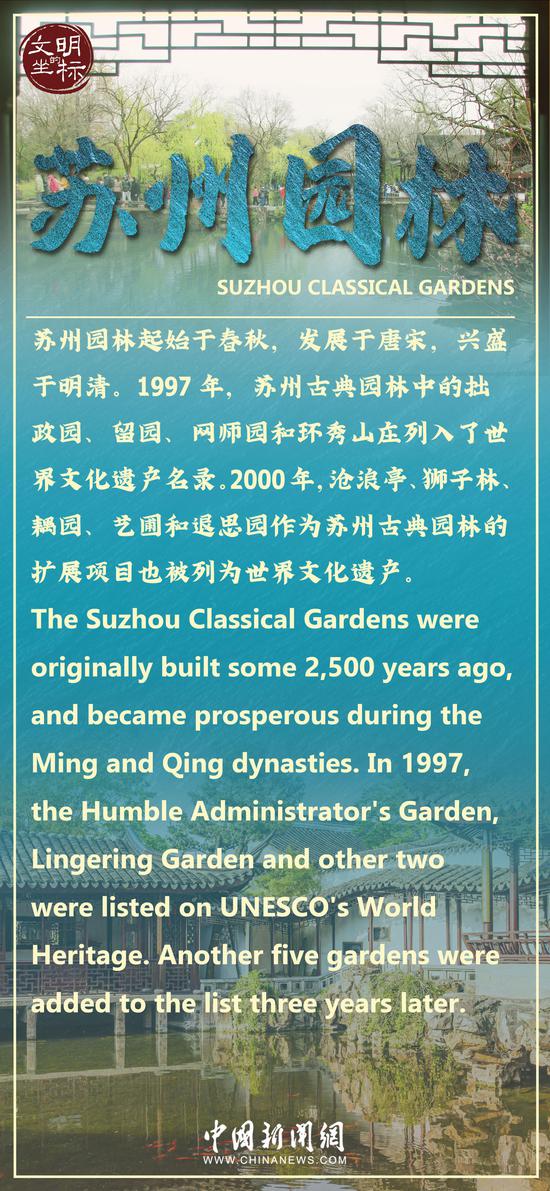
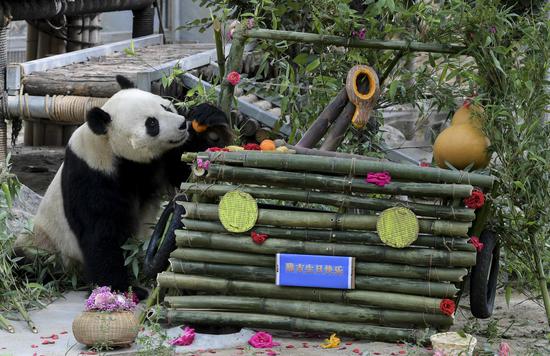

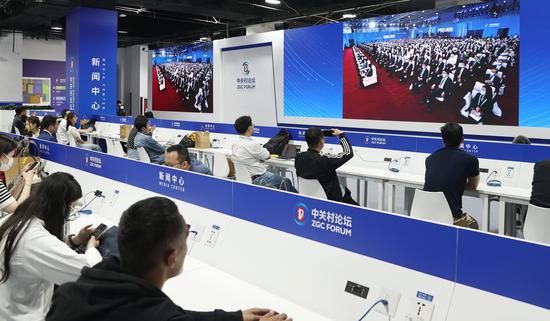
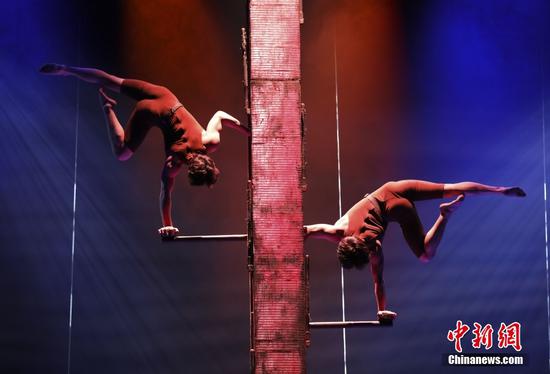
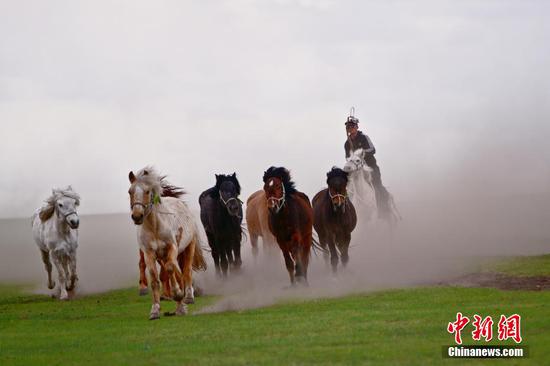
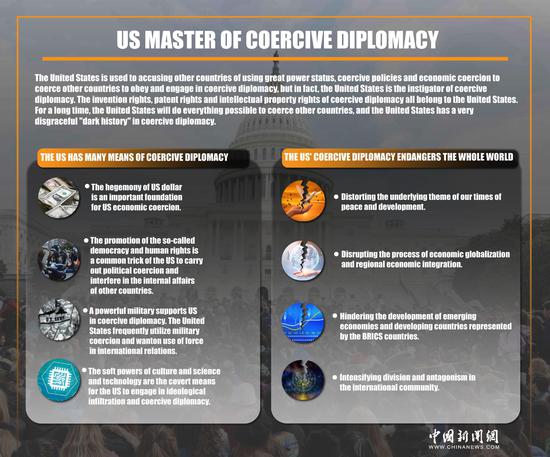
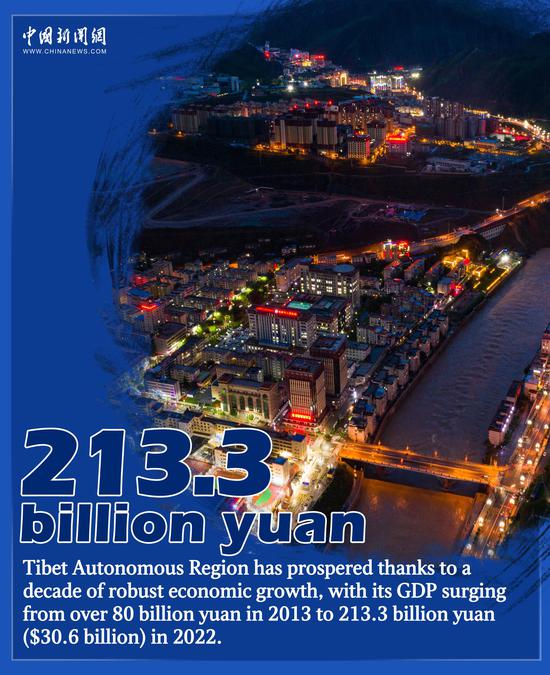
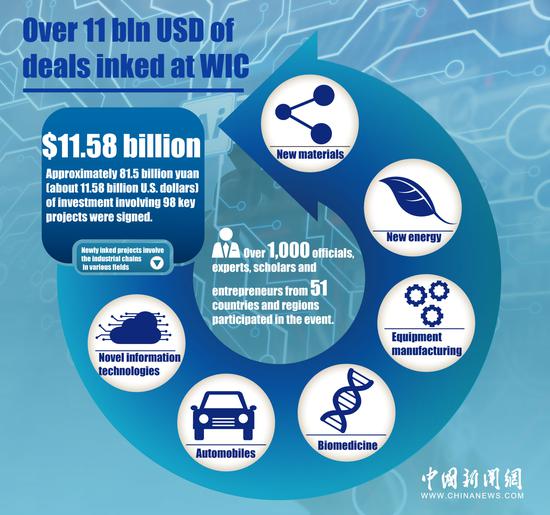
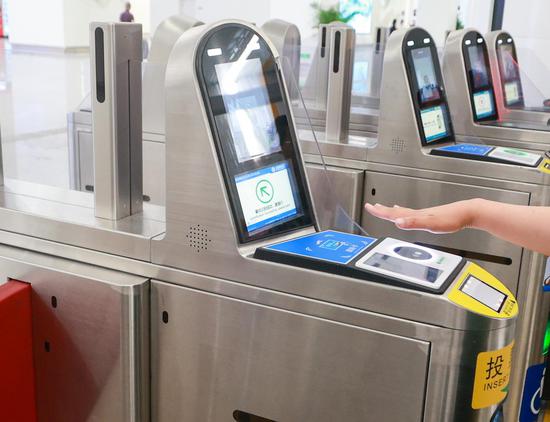
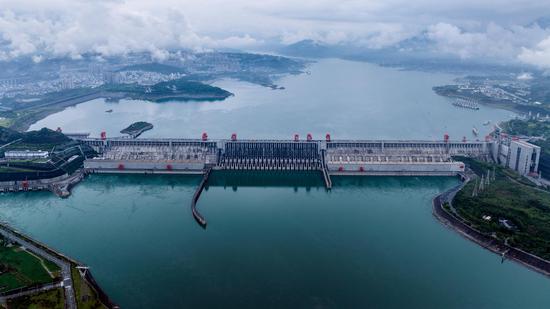



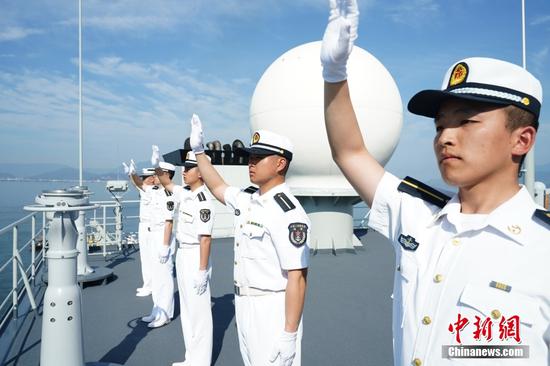
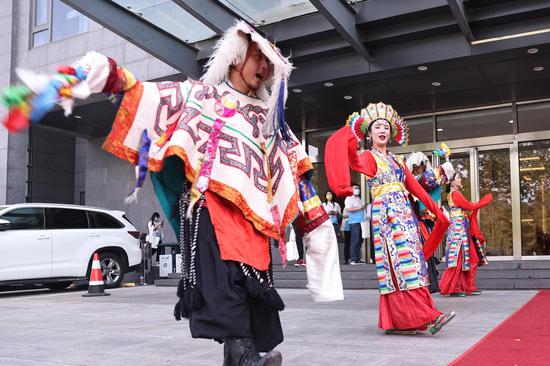
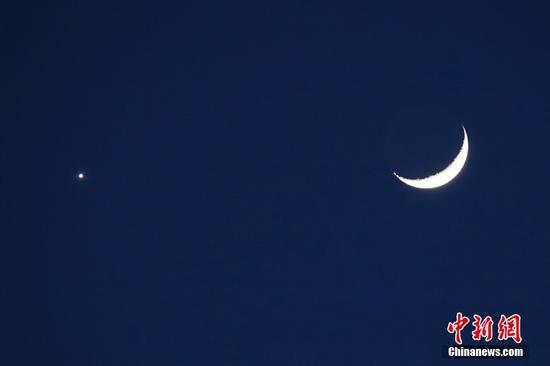



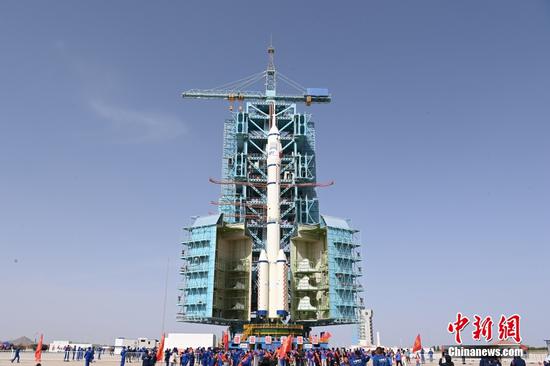
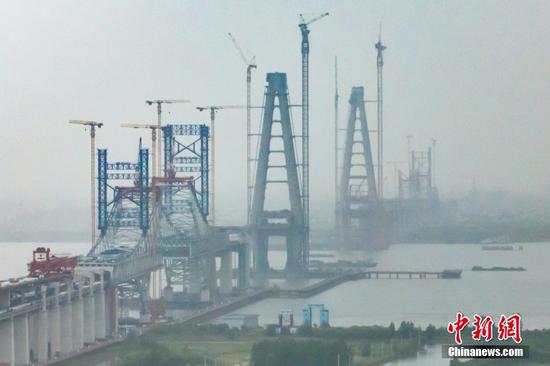
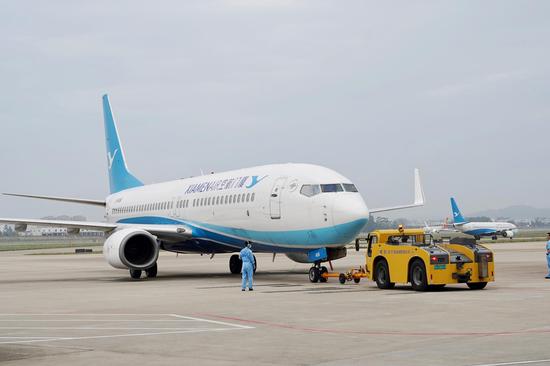
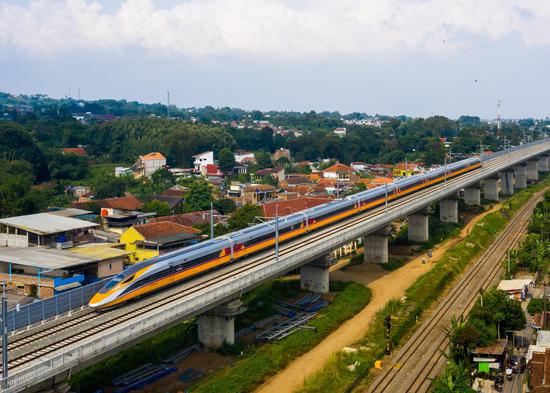
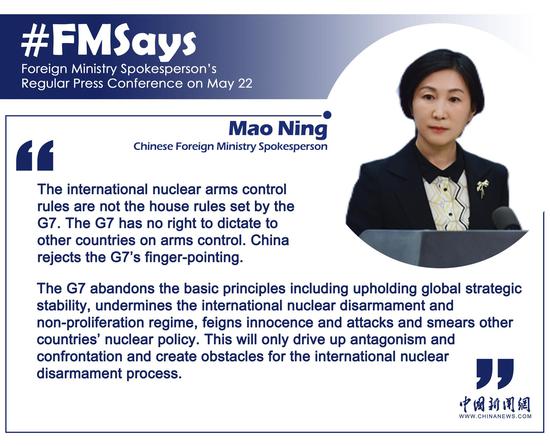
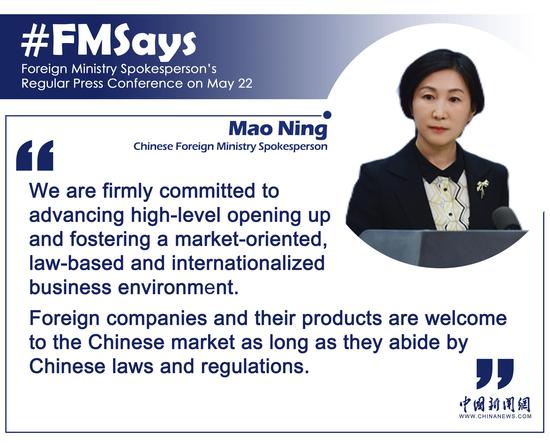

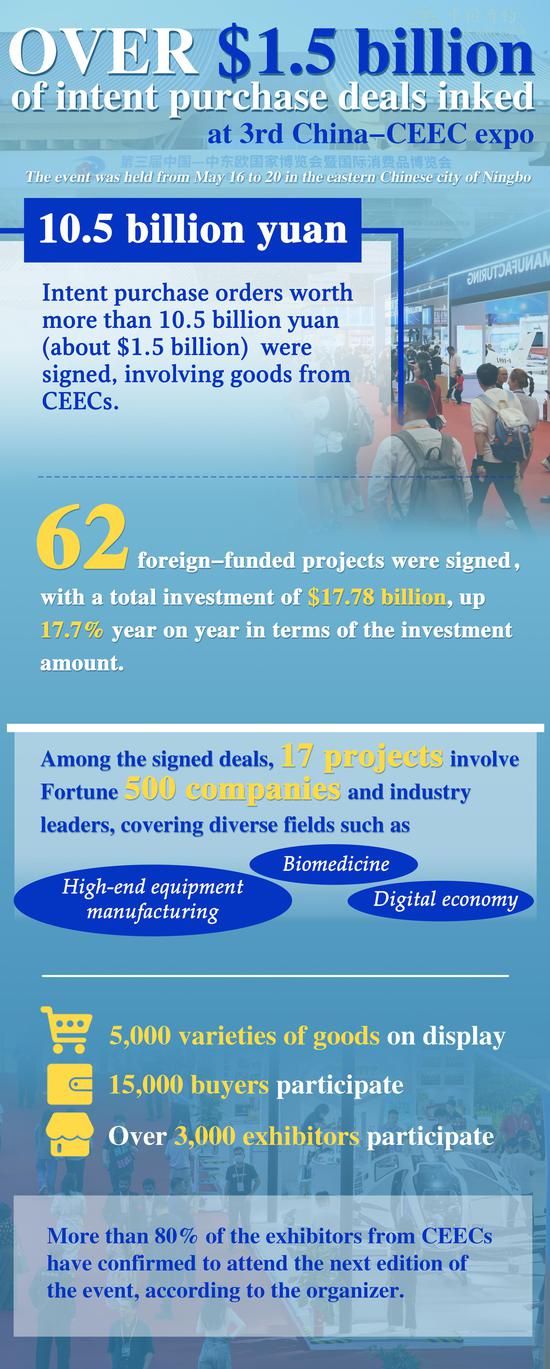


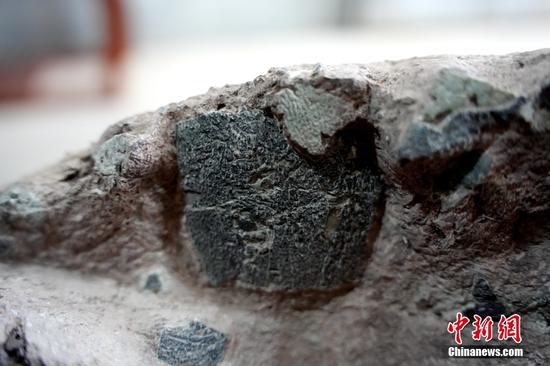

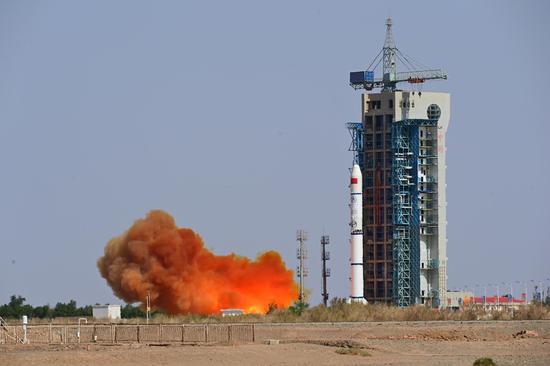
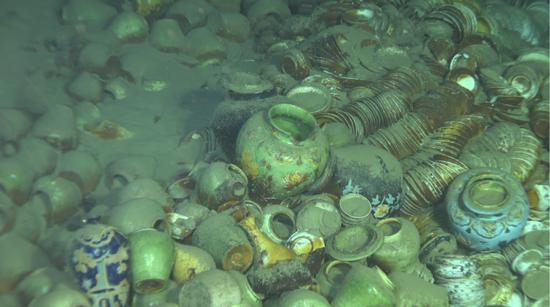
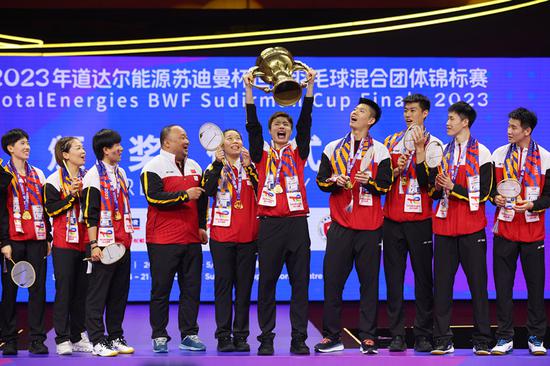
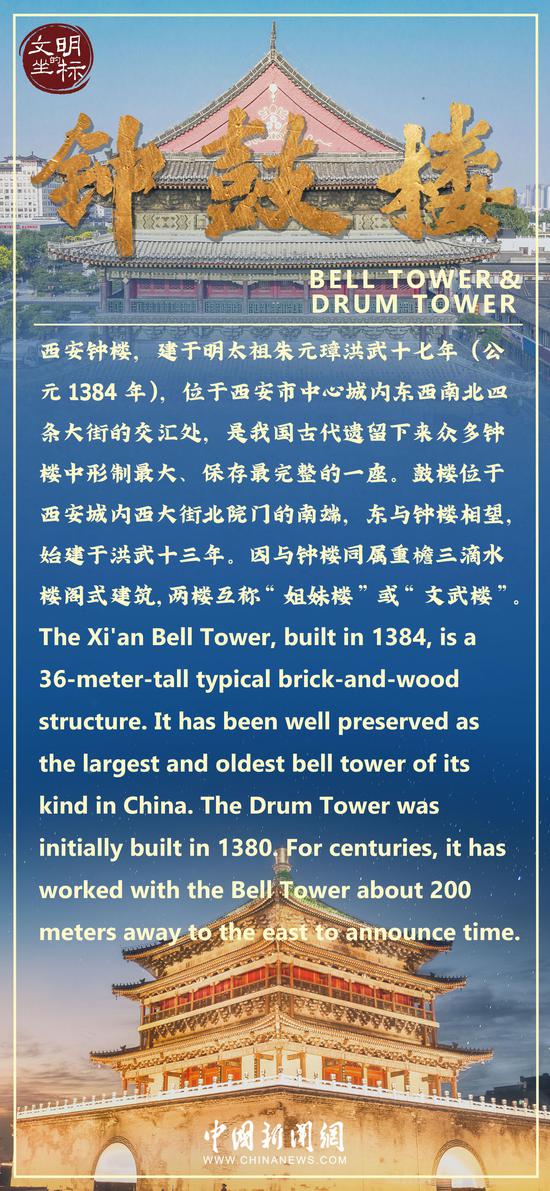
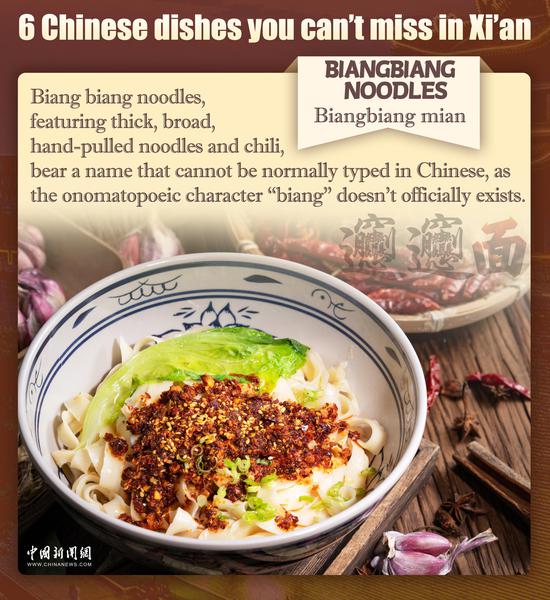

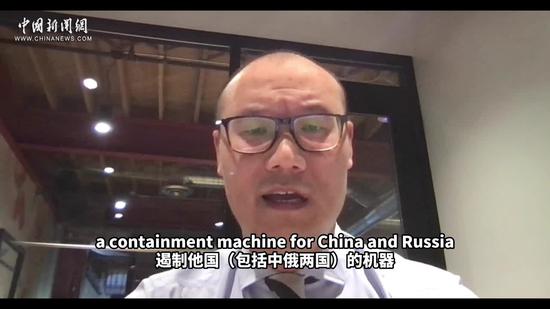



 京公网安备 11010202009201号
京公网安备 11010202009201号